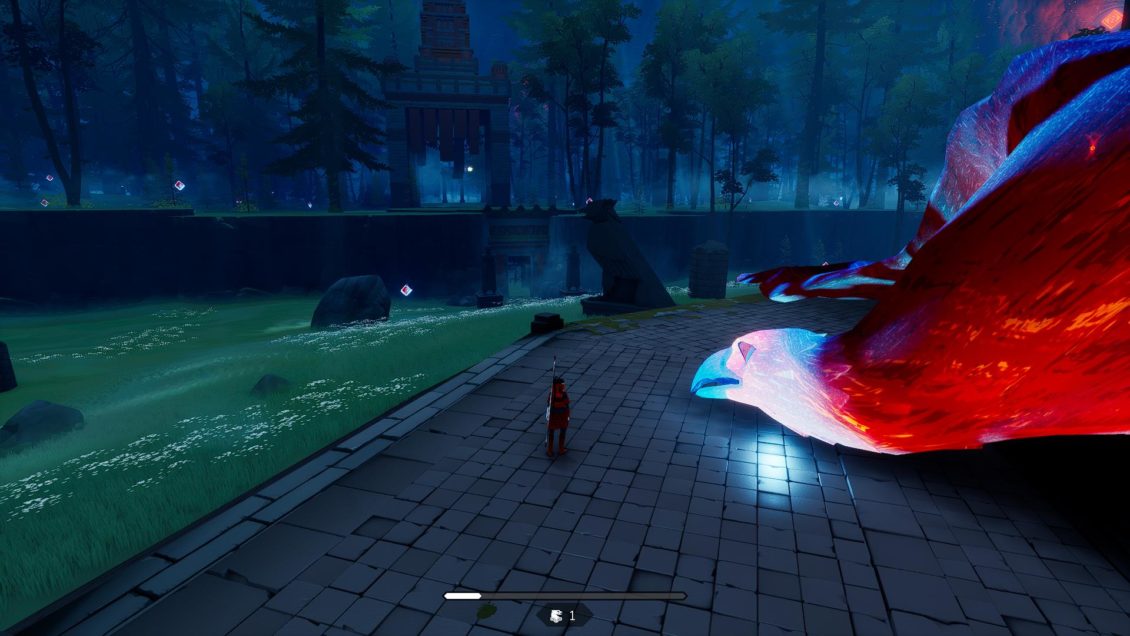


It shows that there is a possibility of growing, of being connected with existence. This is just a mark that the past has left behind.Īs the navel shows something about the past, a parable shows something about the future. It indicates that the man was once a child, that the child was once in the womb of a mother, that the child was connected with the mother. You will have to look everywhere, all around, to find what this indicates – where it points. But now the child is no longer in the womb the mother may have died, the child has become old, now what is the purpose of the navel? It has a transcendental purpose the purpose is not in itself. What is the purpose of the navel? It was purposeful when the child was in the womb: its purpose was that it related the child to the mother it connected the child with the mother. If you go to the surgeon and ask him what the purpose of the navel in the body is, and if he dissects the body, he will not find any purpose for it. If you dissect the parable itself, you will not come to much understanding. These parables in themselves are beautiful, but that is not their purpose they go beyond, they are transcendental. Don’t cling to the finger – that is irrelevant – look at the moon. A parable is open-ended: it says and yet it leaves much unsaid it only hints.

A theory has to be closed if it is a theory it cannot be open-ended, otherwise it will be meaningless. Life cannot be put into a theory – it is so vast it is so infinite.Ī theory by its very nature is closed. The purpose of it is not to entertain you the purpose of it is to say something for which there is no other way to say it. A parable is a device, a great device it is not just an ordinary story. Whenever somebody has experienced life, his experience has flowered into parables, which seem to be the easiest way to hint at that which cannot be said. His approach is that of an artist, a poet, a storyteller – and he is a master storyteller. Lieh Tzu is one of those very few he is rare.īefore we start entering into his world, a few things have to be understood about him, about his approach. Thousands and thousands of people have tried to express it – very few have succeeded even in giving a reflection of it. Truth cannot be expressed: that inexpressibility is intrinsic to truth. I rejoice in Lieh Tzu – he is one of the most perfect expressions for the inexpressible. Is it he who is truly miserable, is it we who are truly happy?”

“Only he and I know that you were never born and will never die. Picking a stalk he pointed to the skull and, turning to his disciple Pai Feng, said, When Lieh Tzu was eating at the roadside on a journey to Wei,


 0 kommentar(er)
0 kommentar(er)
